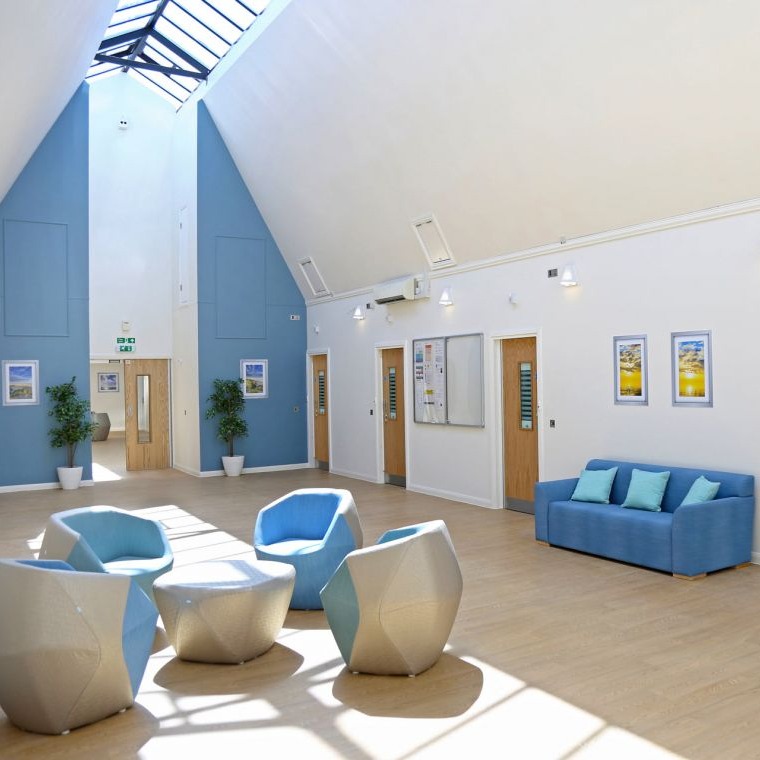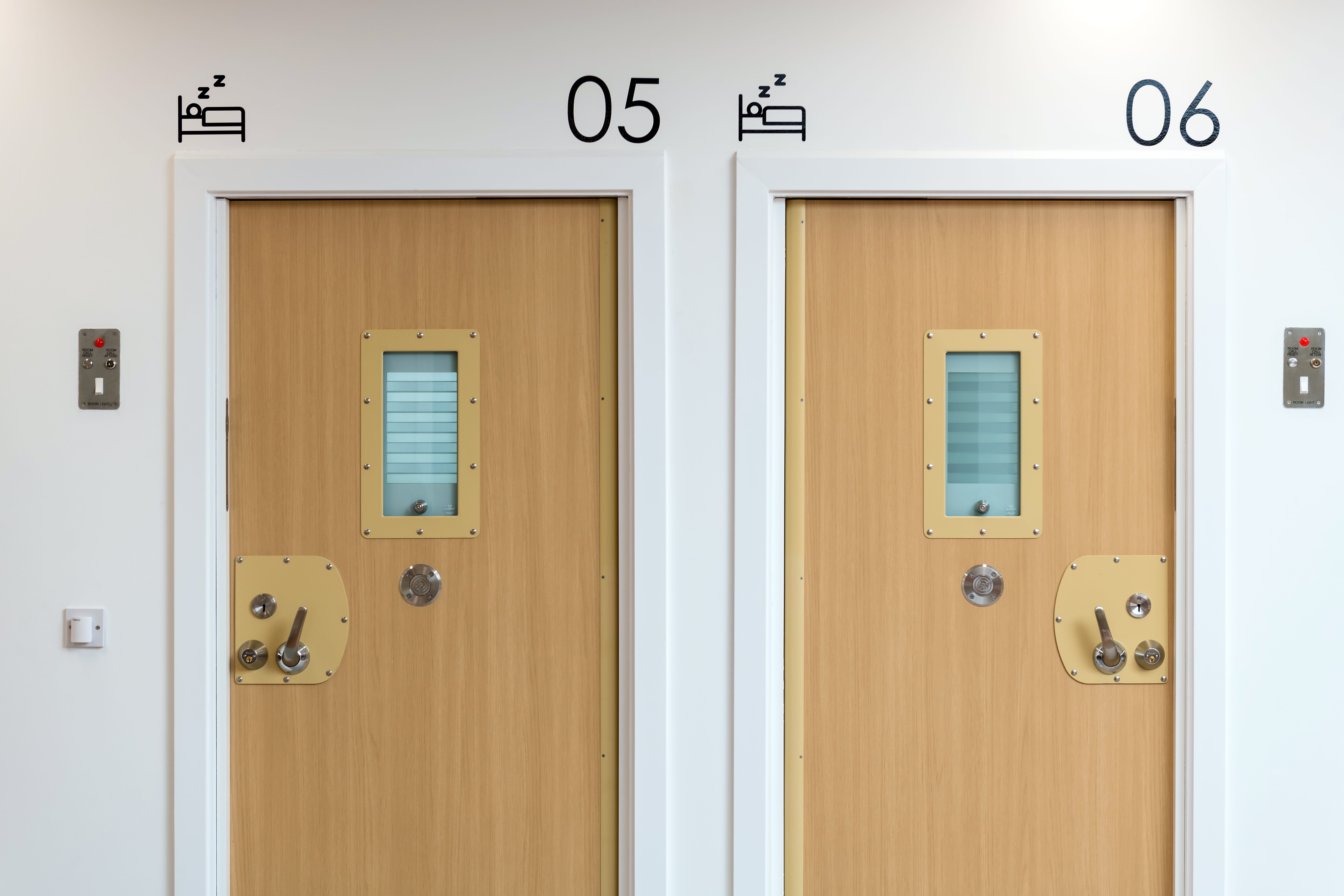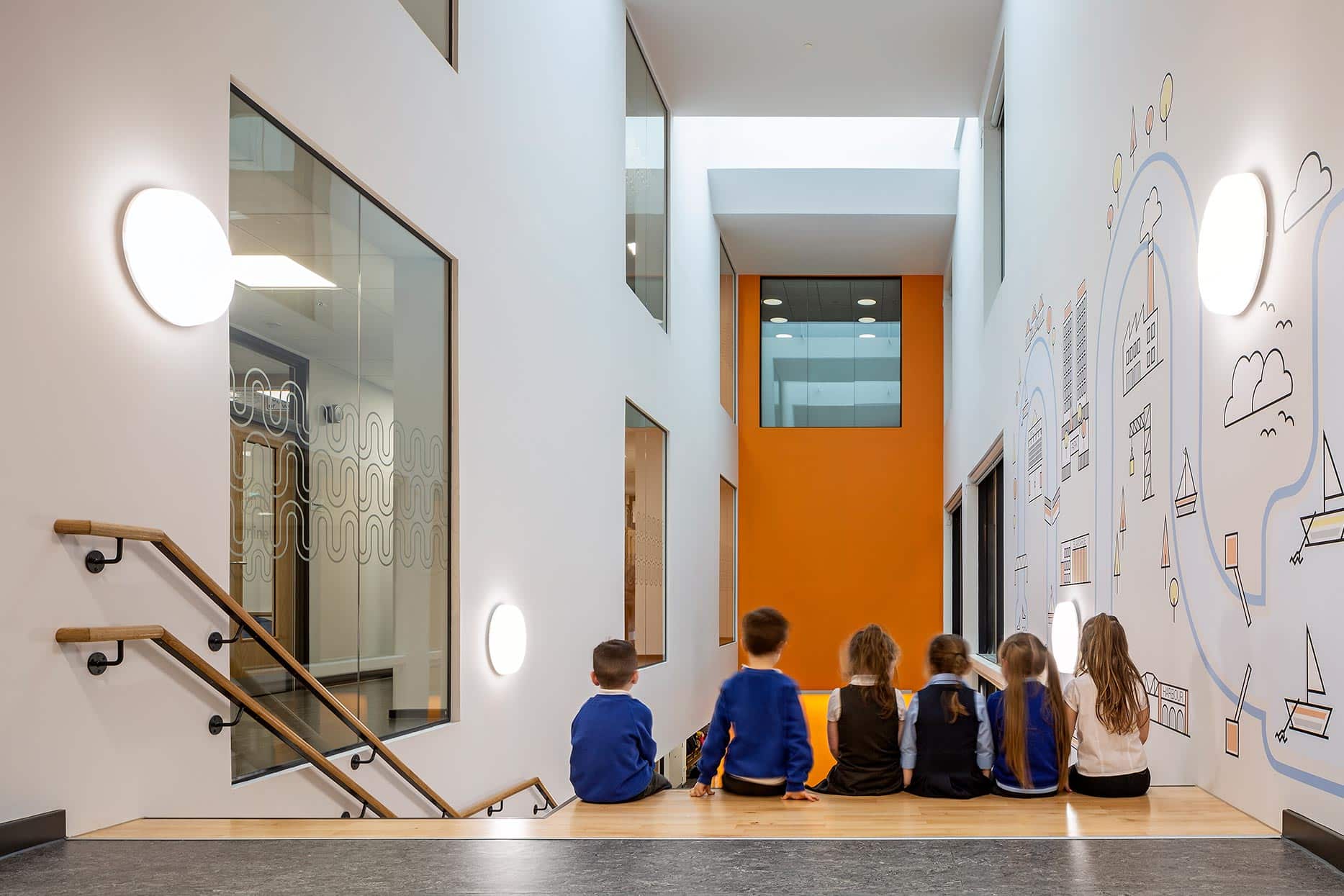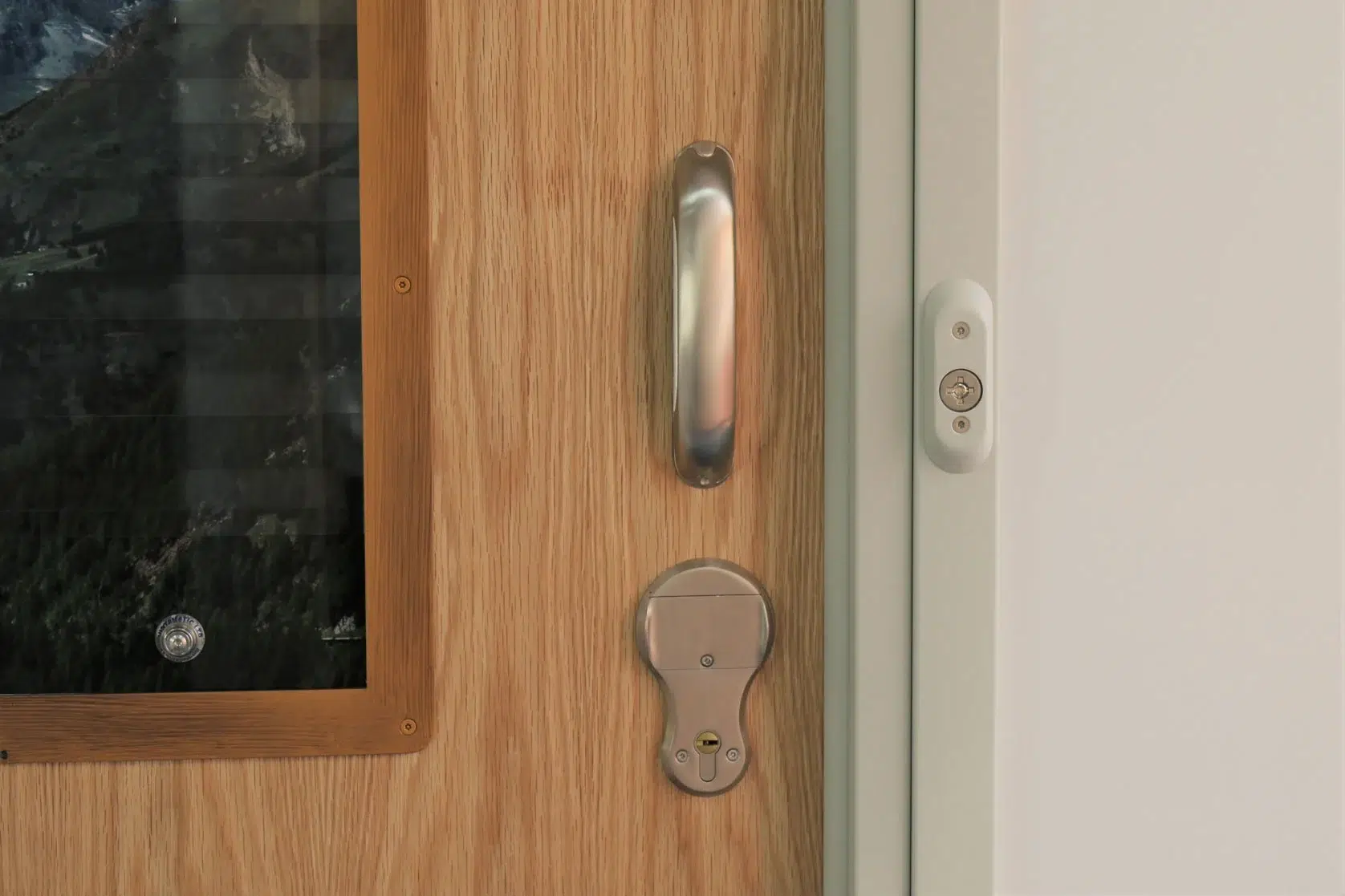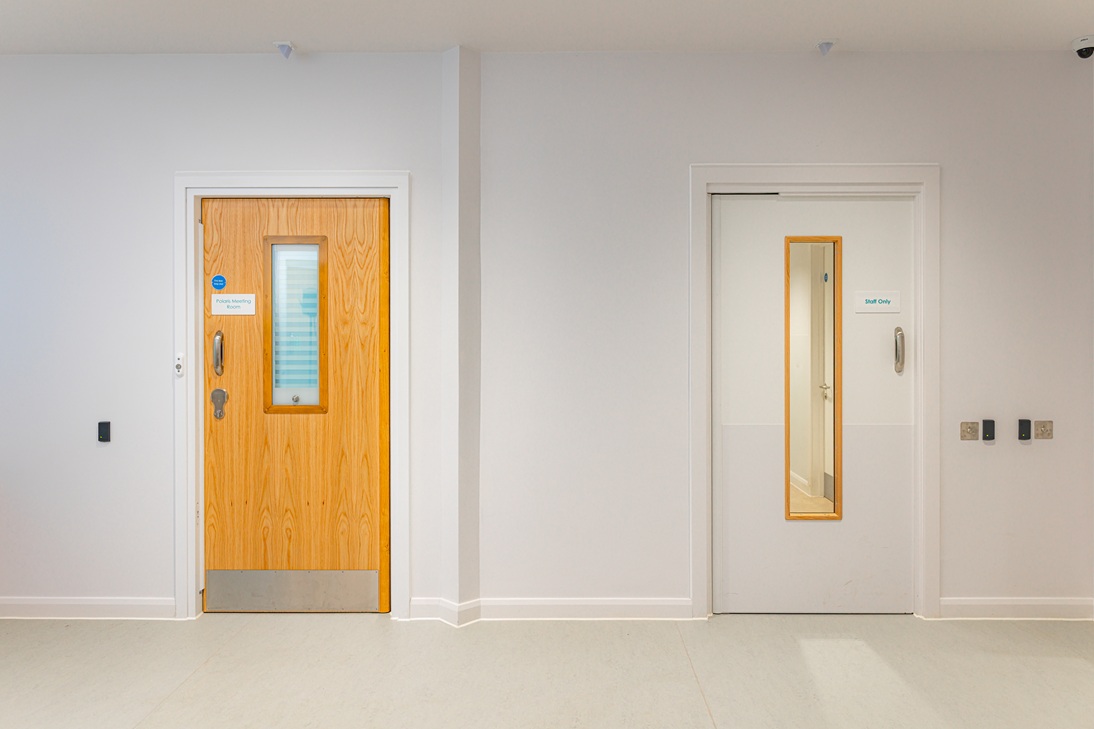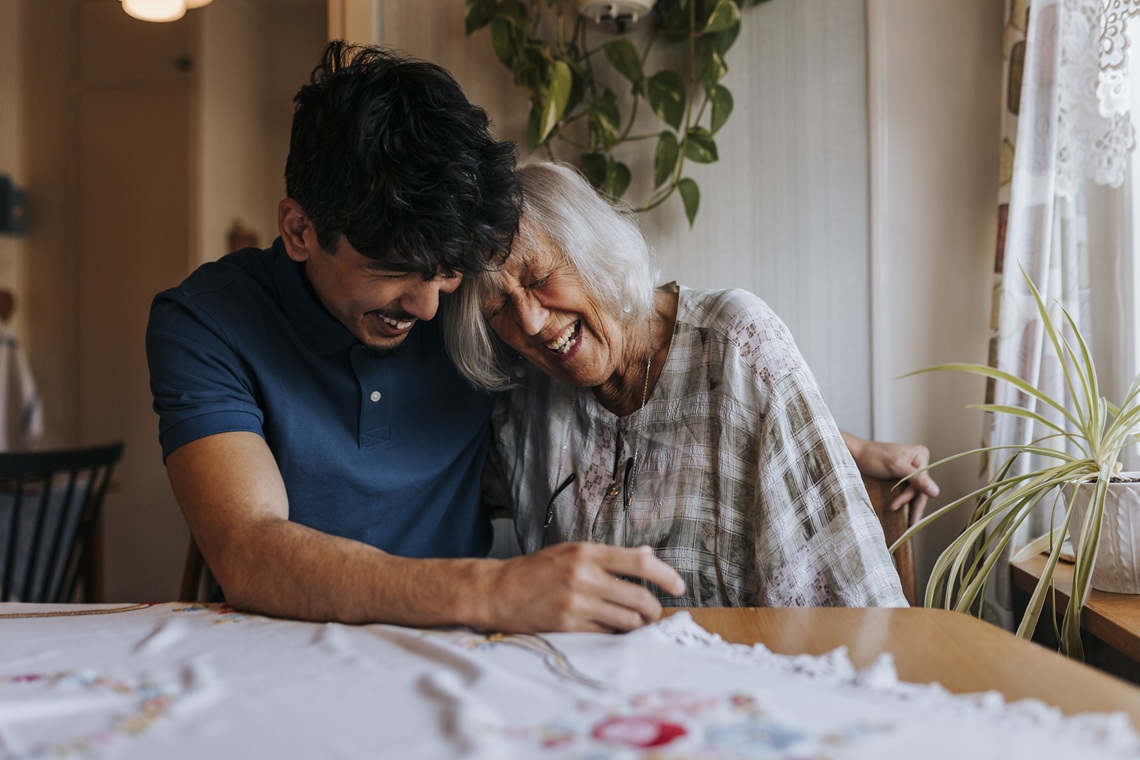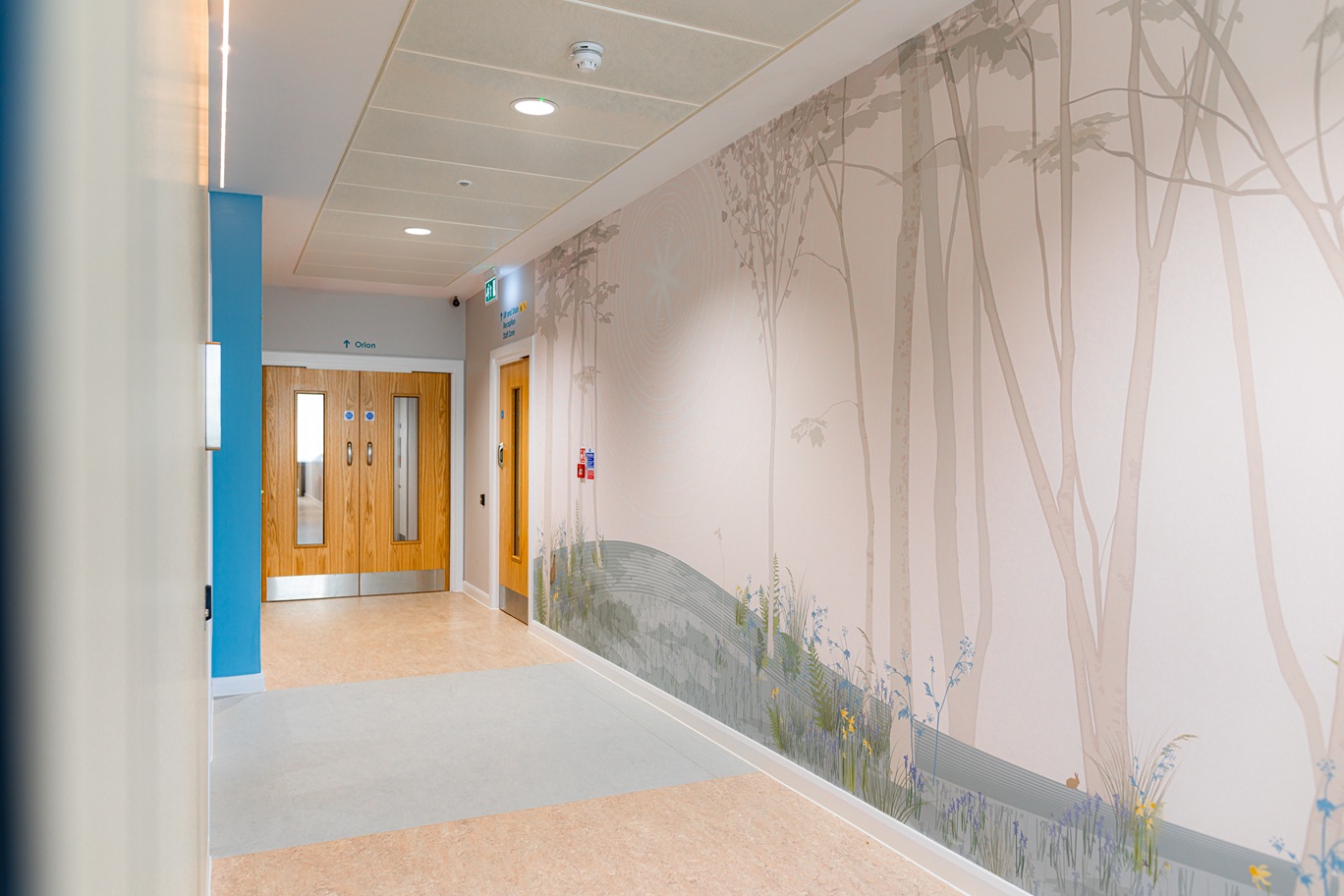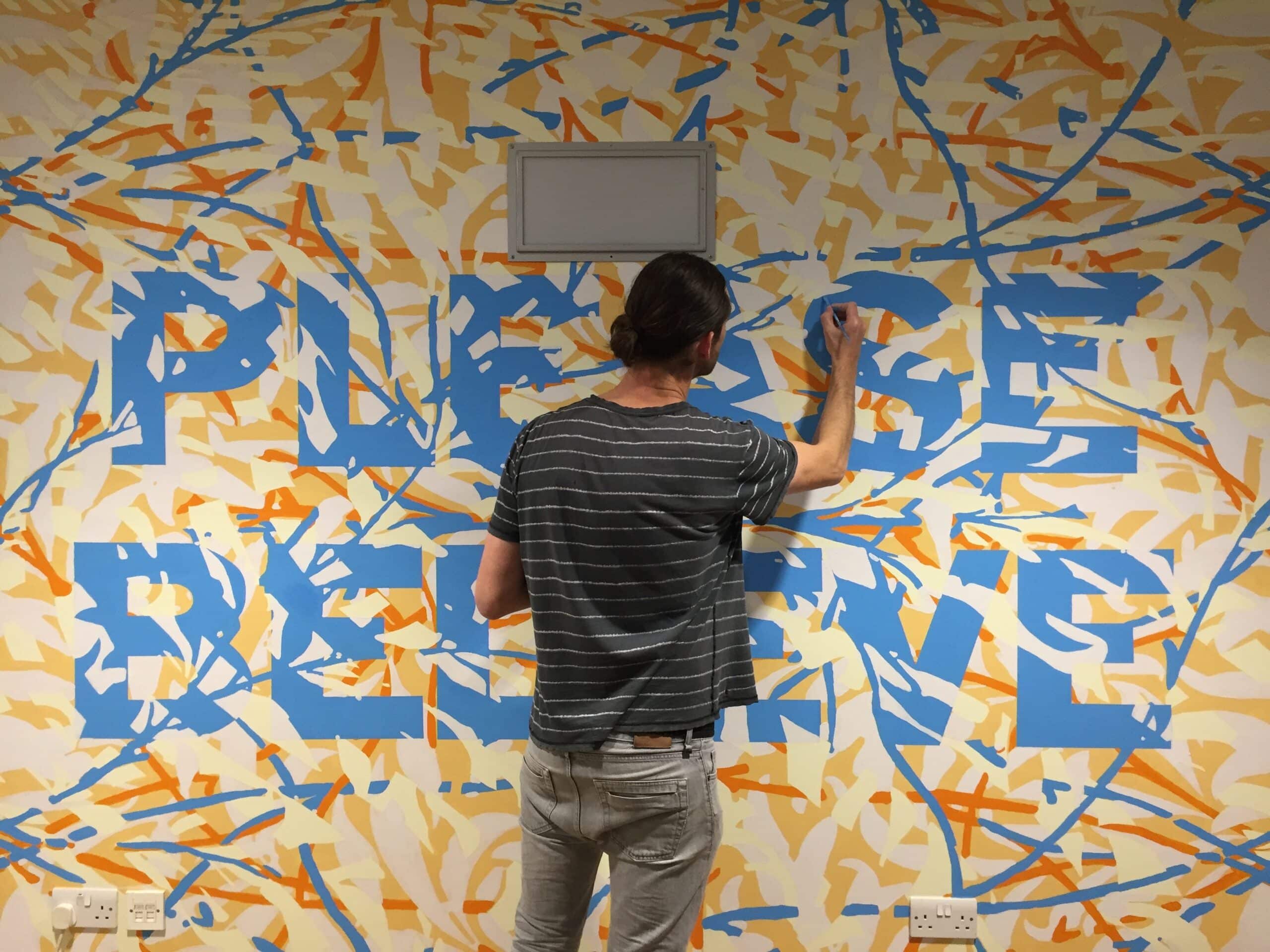Protecting people through vulnerable times.
We design and manufacture specialist door and hardware solutions for challenging environments.
Every day, you’re asked to protect people through vulnerable moments. Our role is to make that easier. We design and build specialist doorsets and safety solutions that protect without compromise. Working side by side with clinicians, architects, estates teams, and education leaders, we design solutions that look beyond removing risk; they restore dignity and support well-being.
- Safer wards in mental health care
- Secure, welcoming spaces in education
- Functional environments that protect and respect
Doors and hardware designed for tough environments.
Our doorsets and anti-ligature products are created with one purpose: to keep people safe without compromising dignity. Designed in-house by specialists who understand the realities of mental health care, every detail is built to perform in challenging environments, giving staff confidence and service users safer spaces that support healing.
Sectors we serve
mental health doors fitted with no reported suicides
We work with over 80% of Local Education Authorities
Safer
